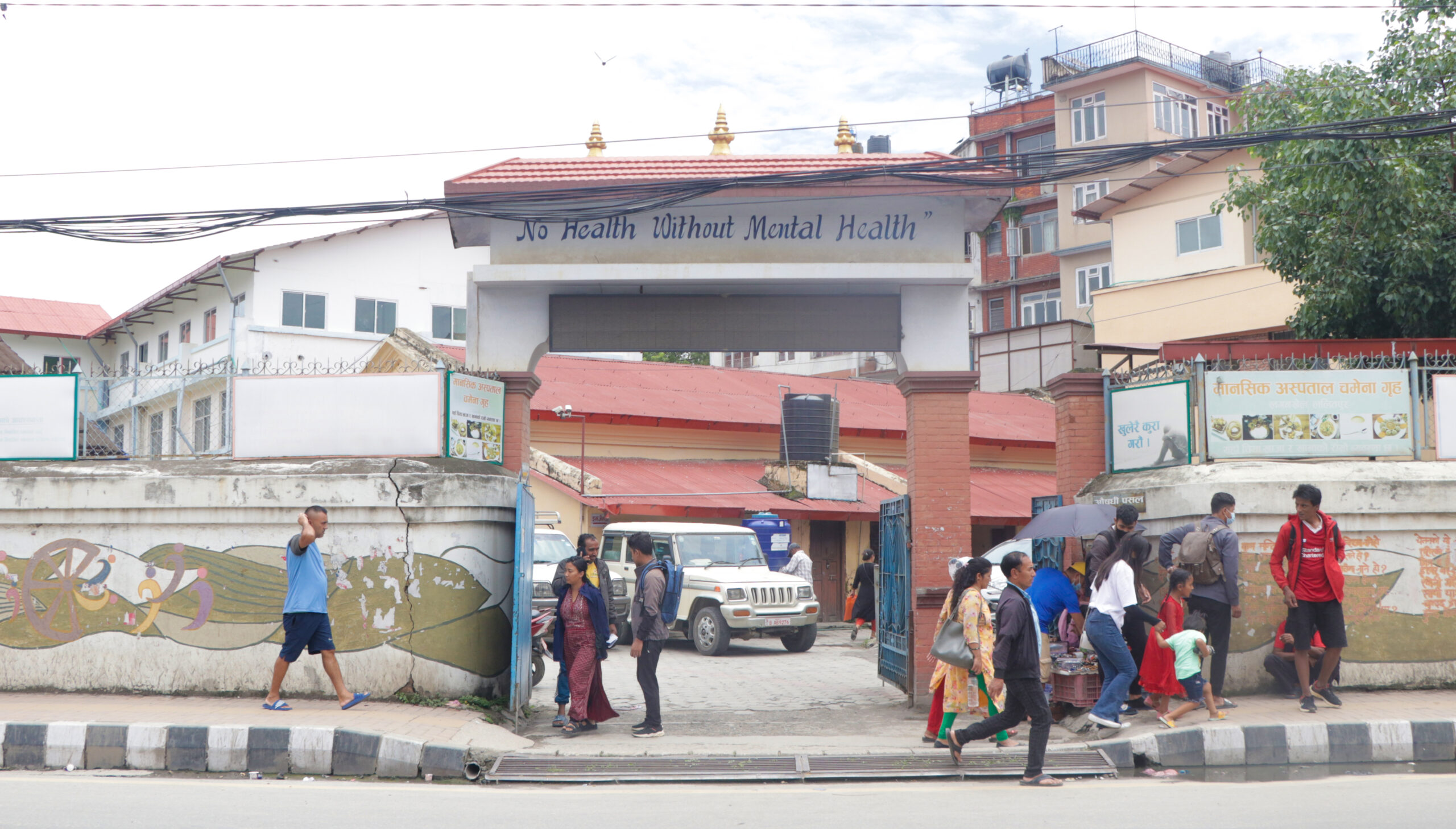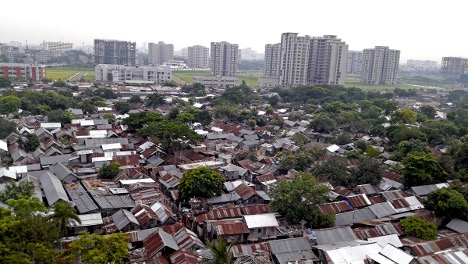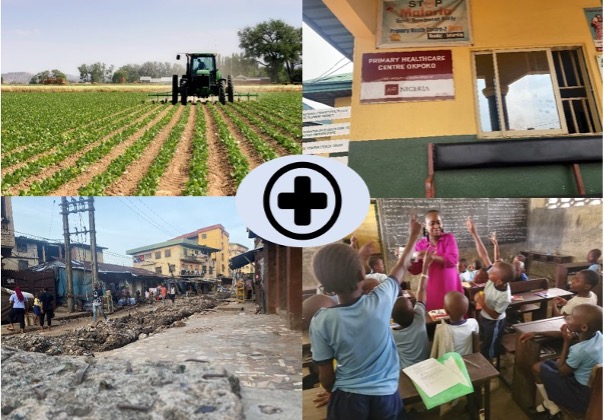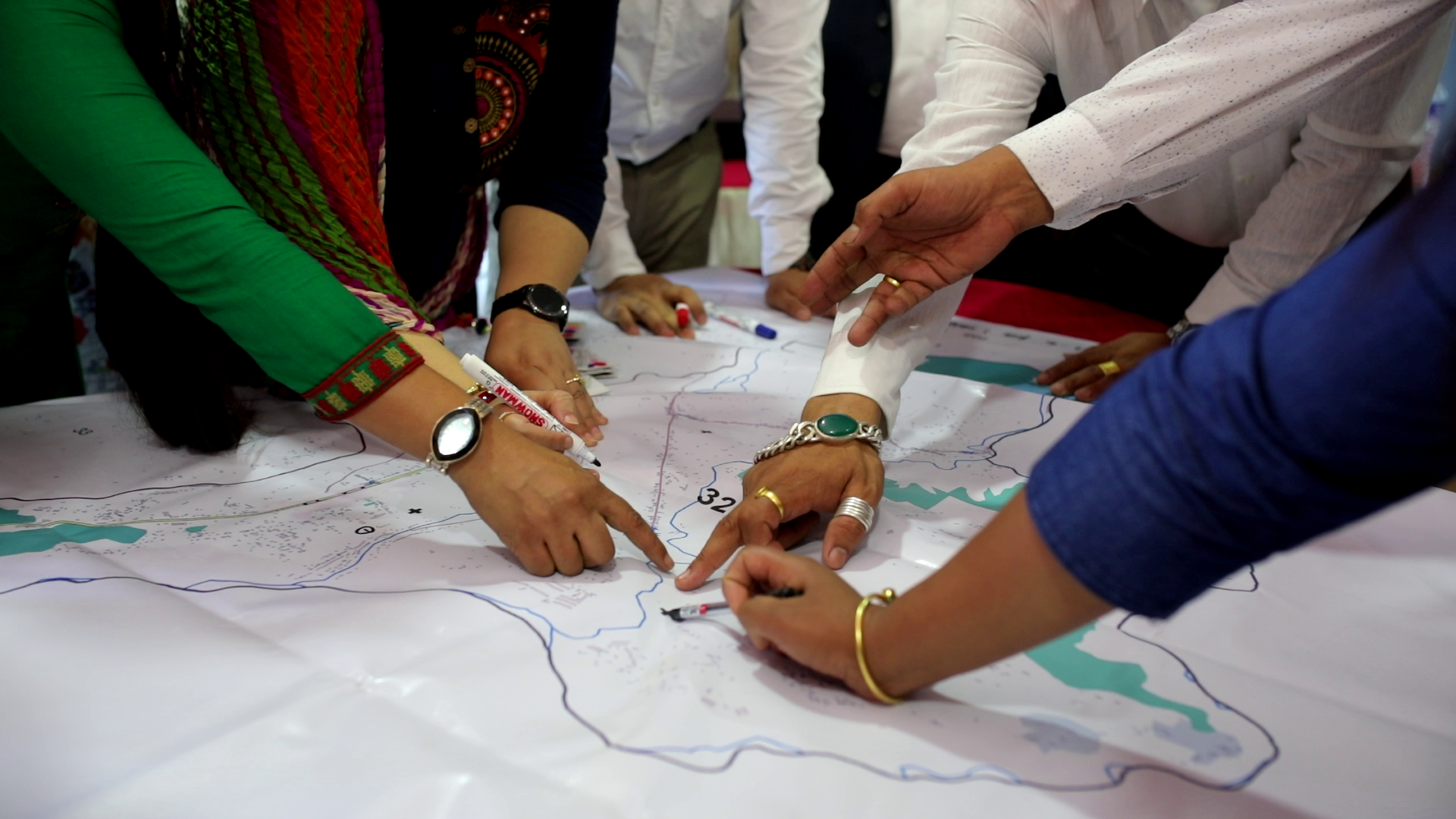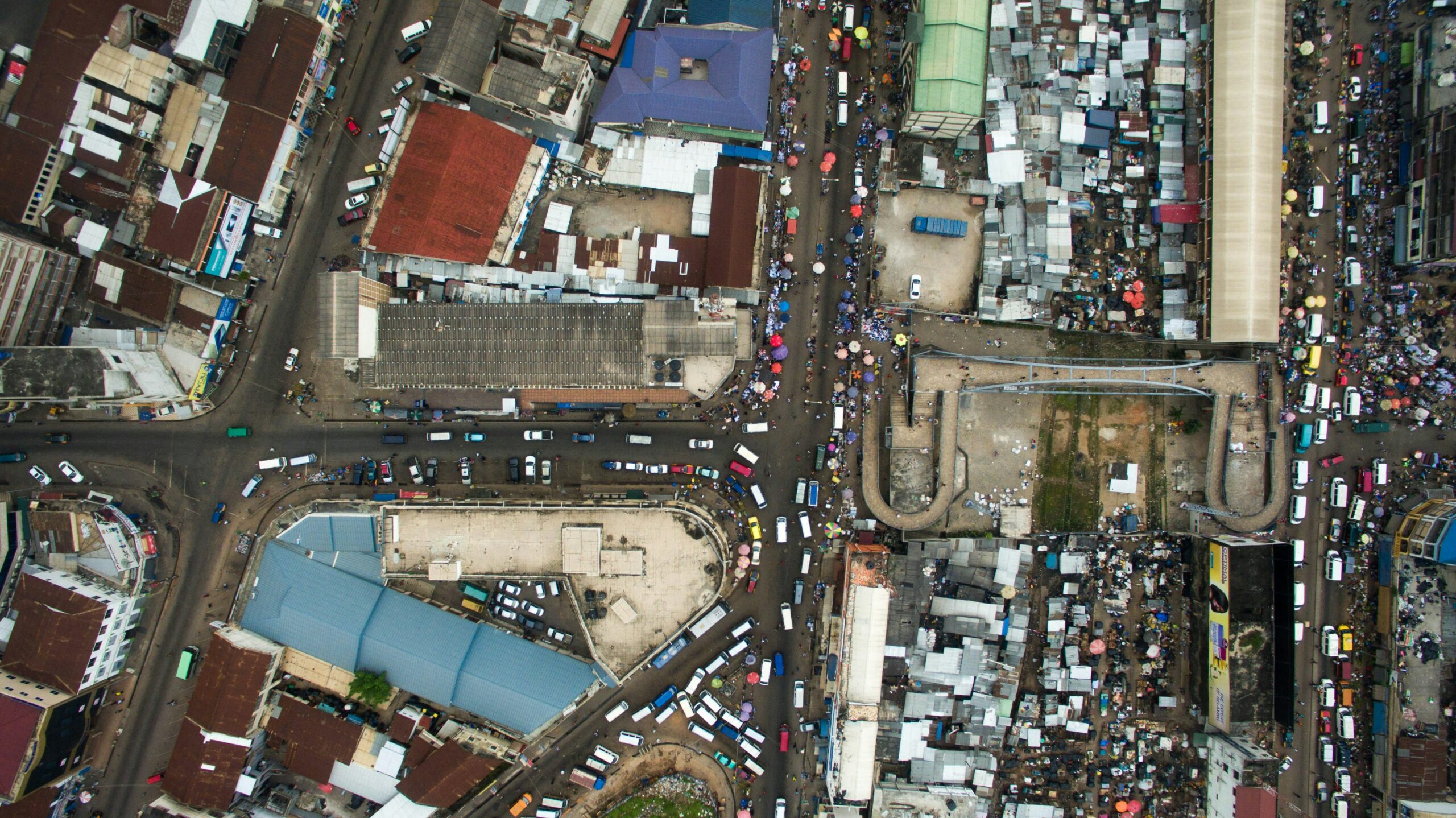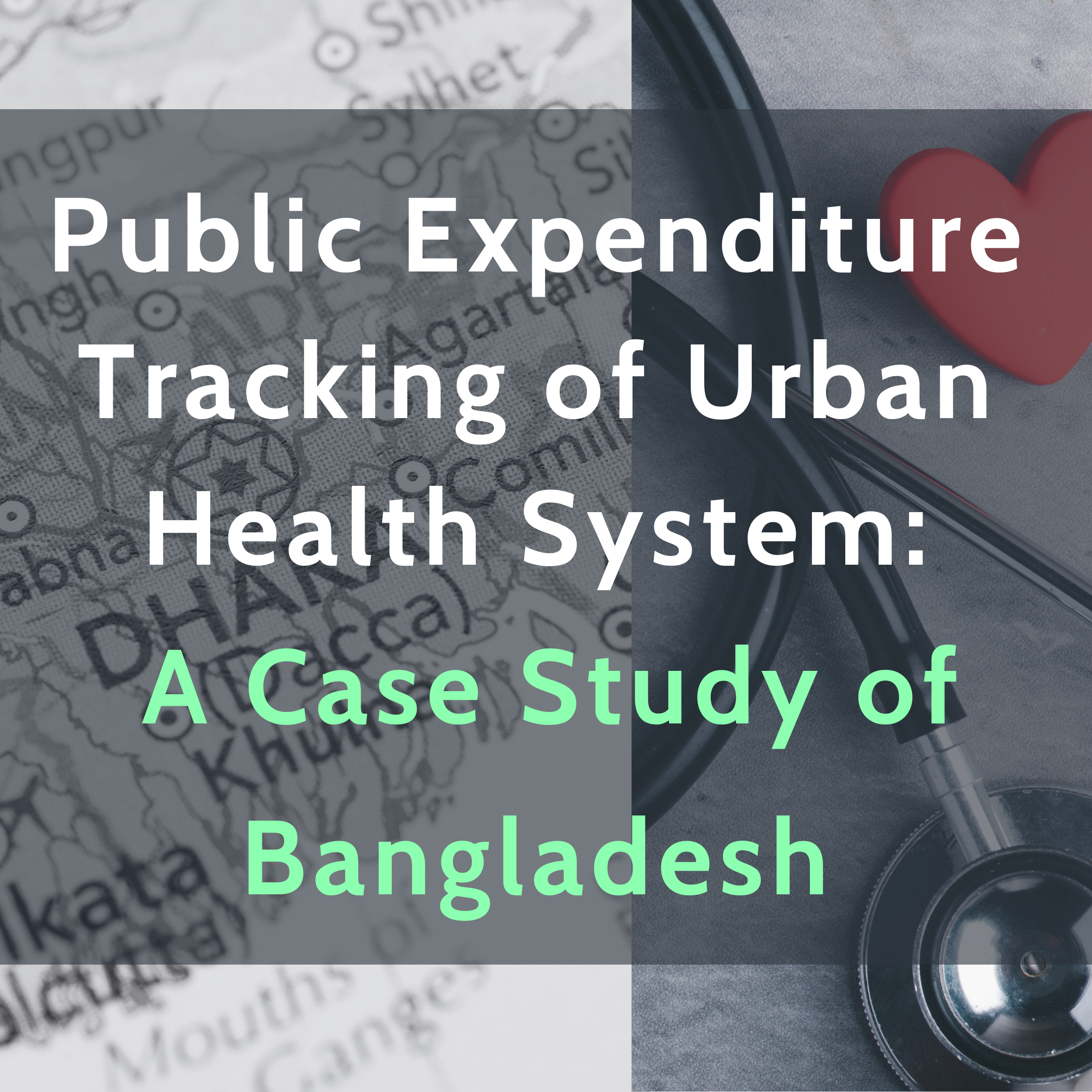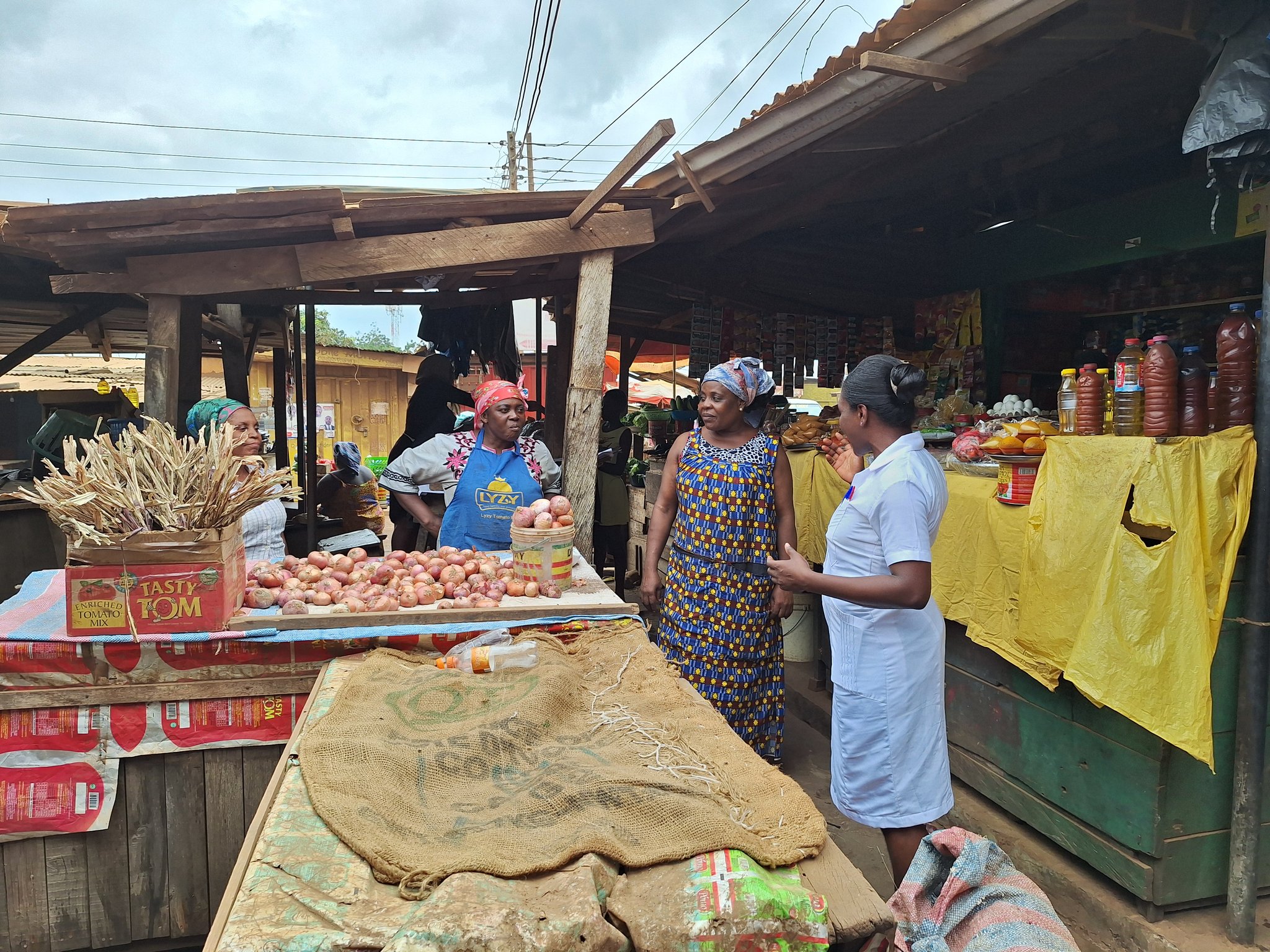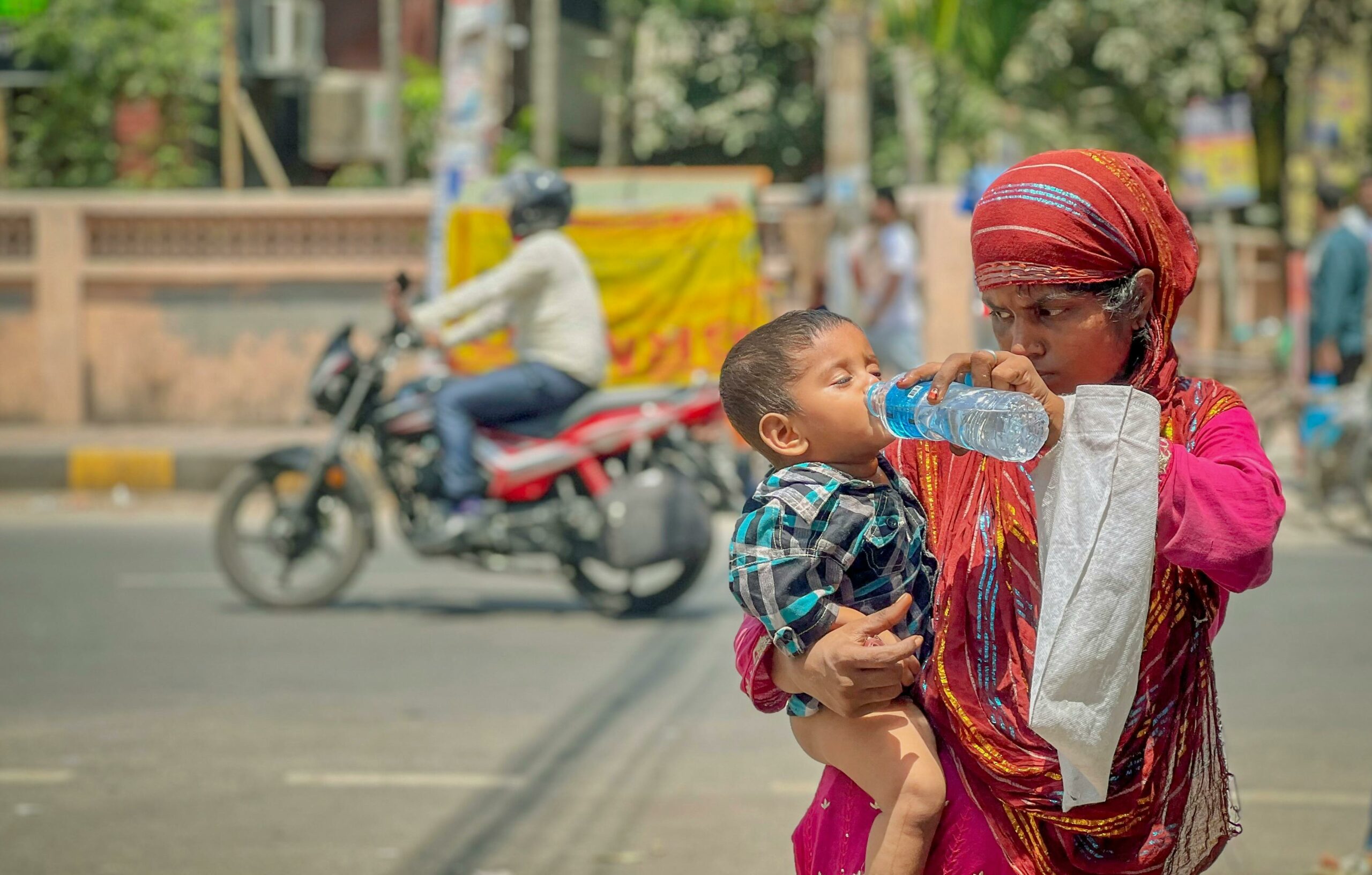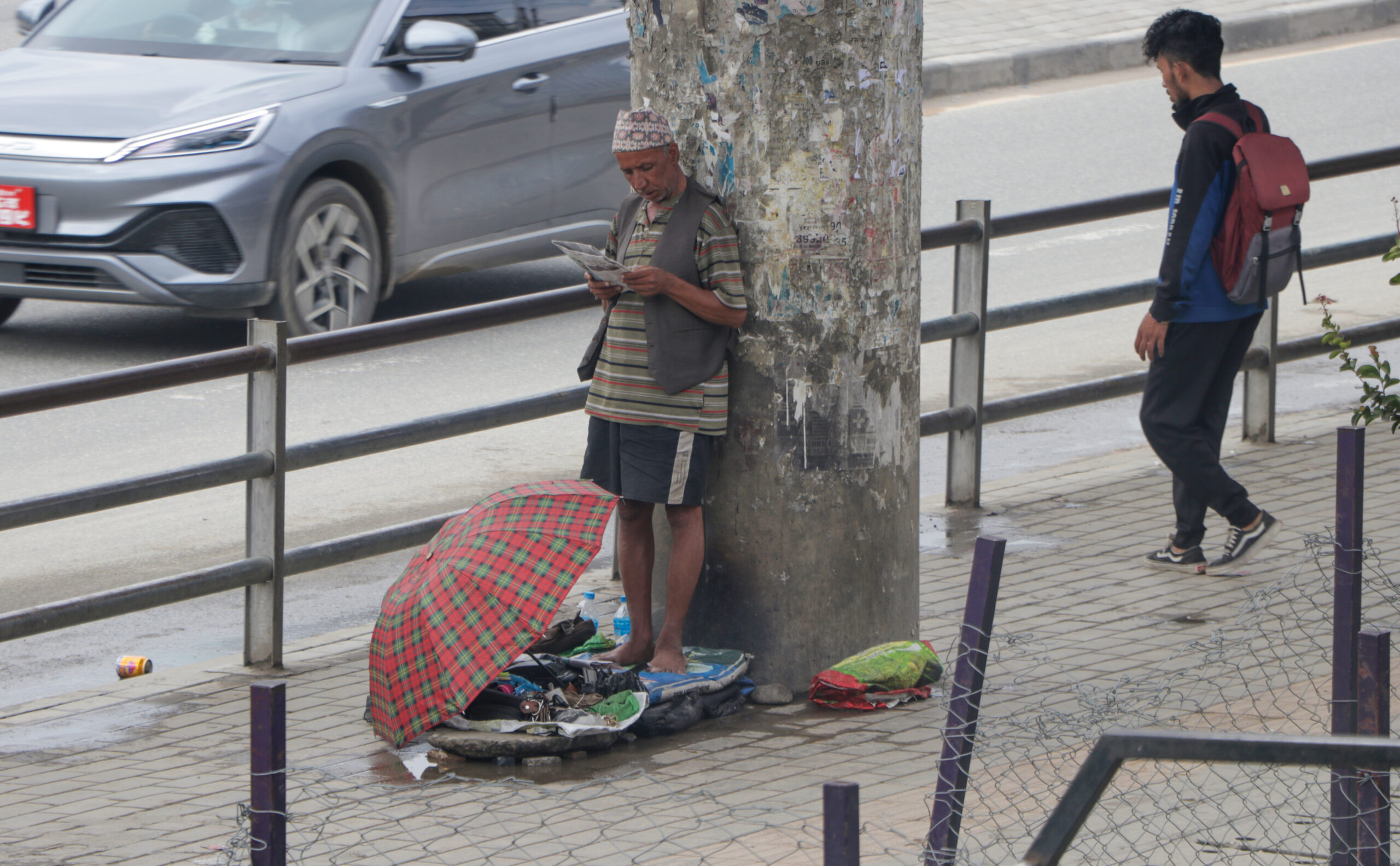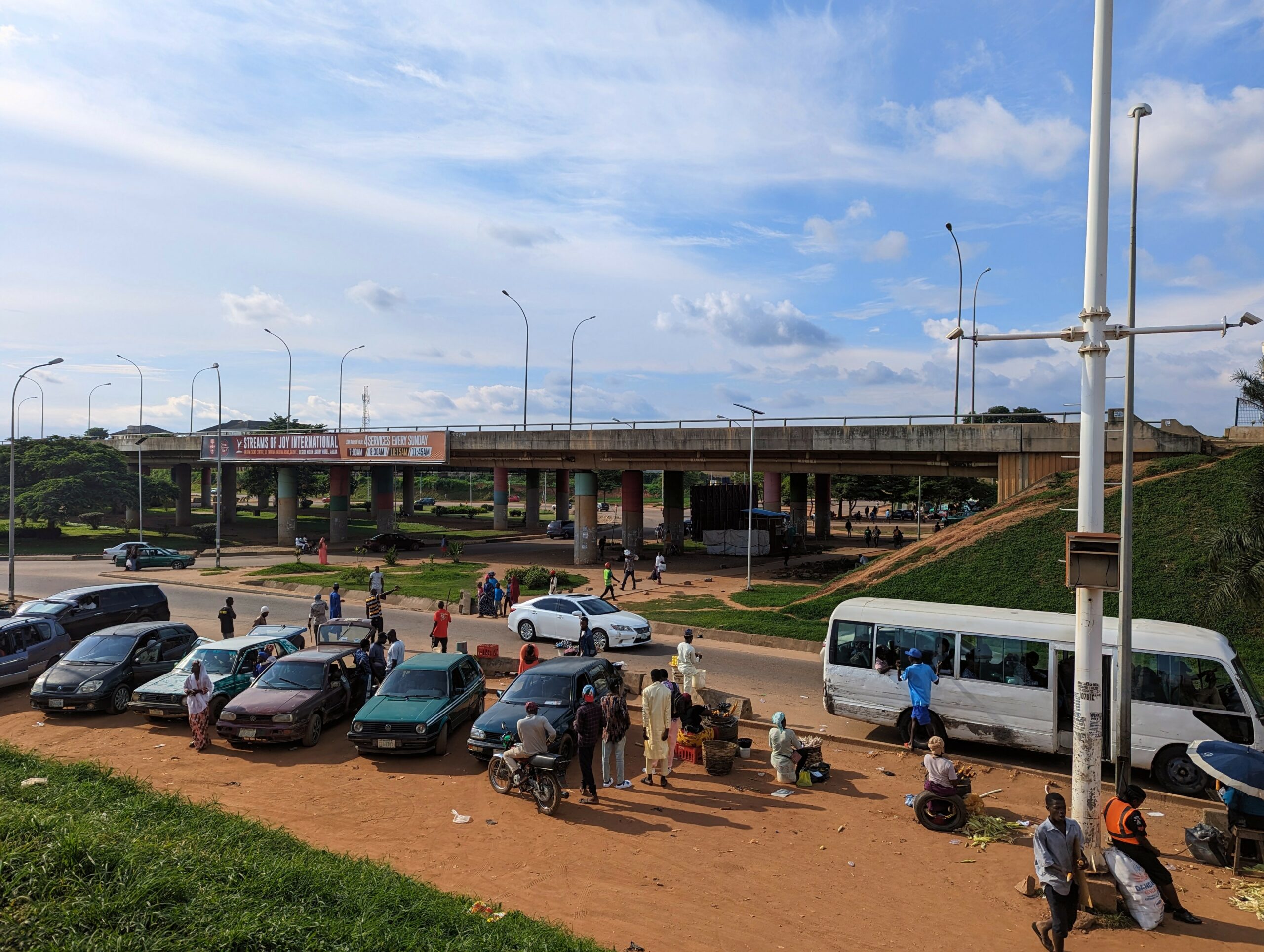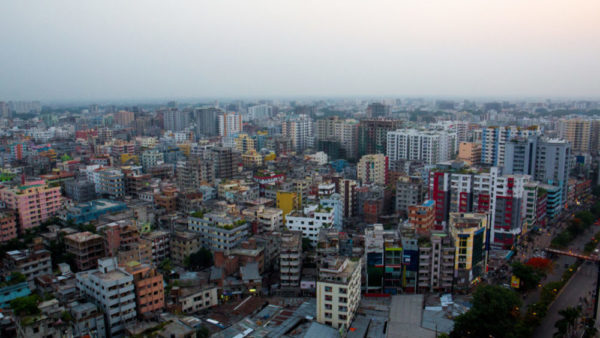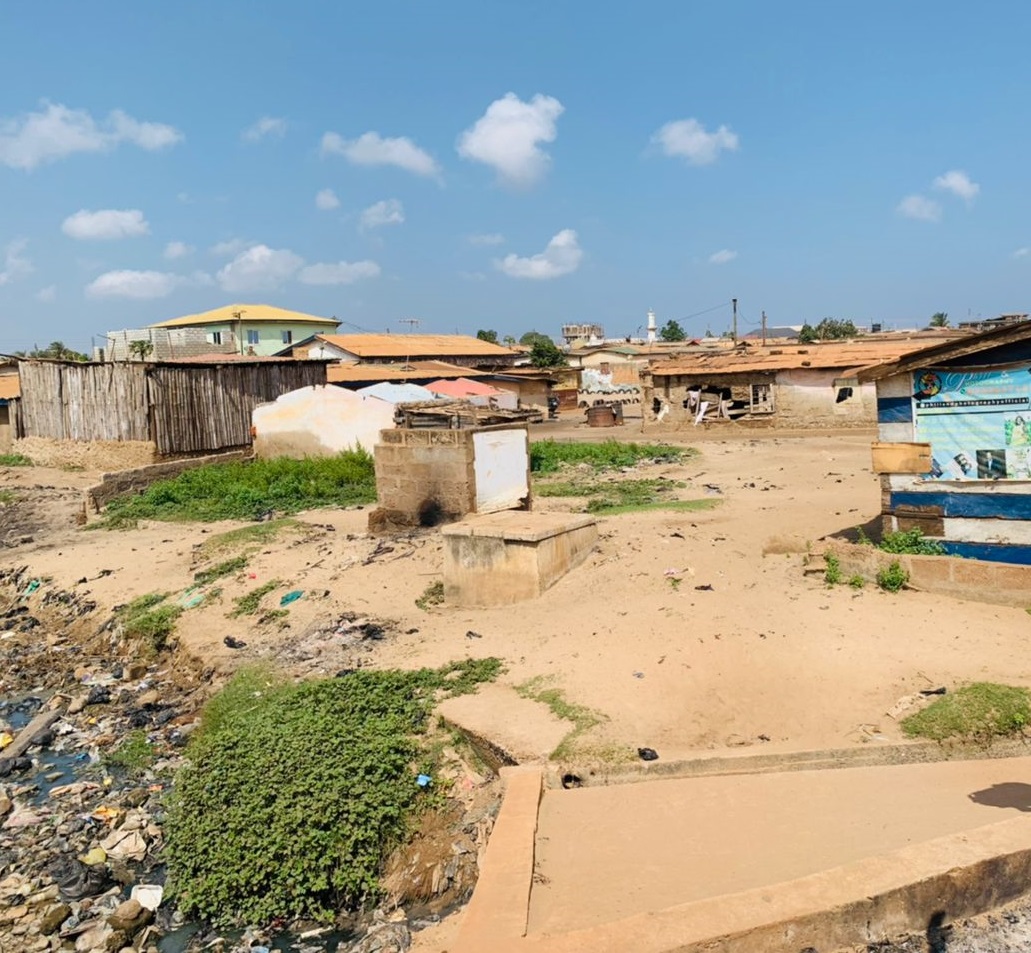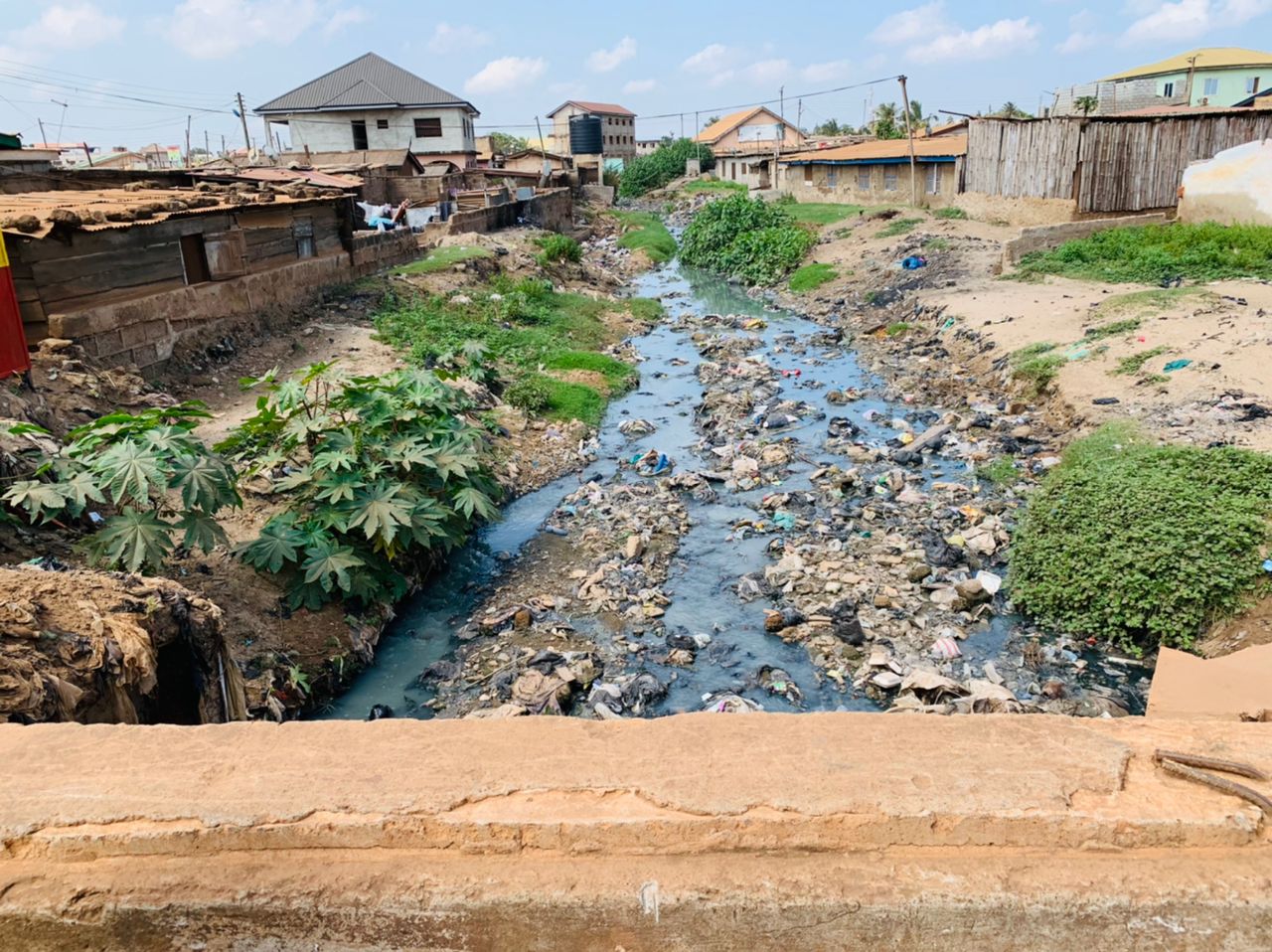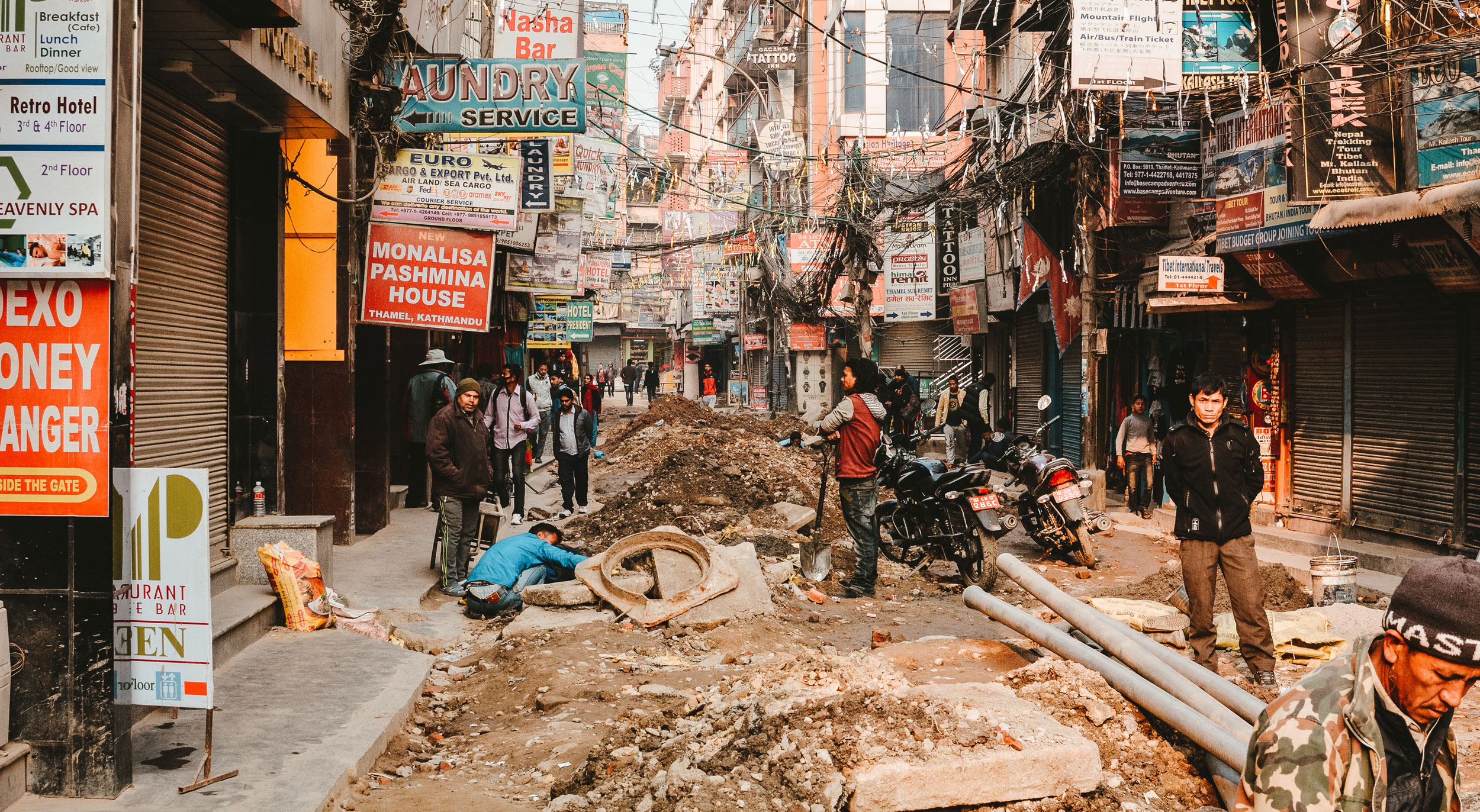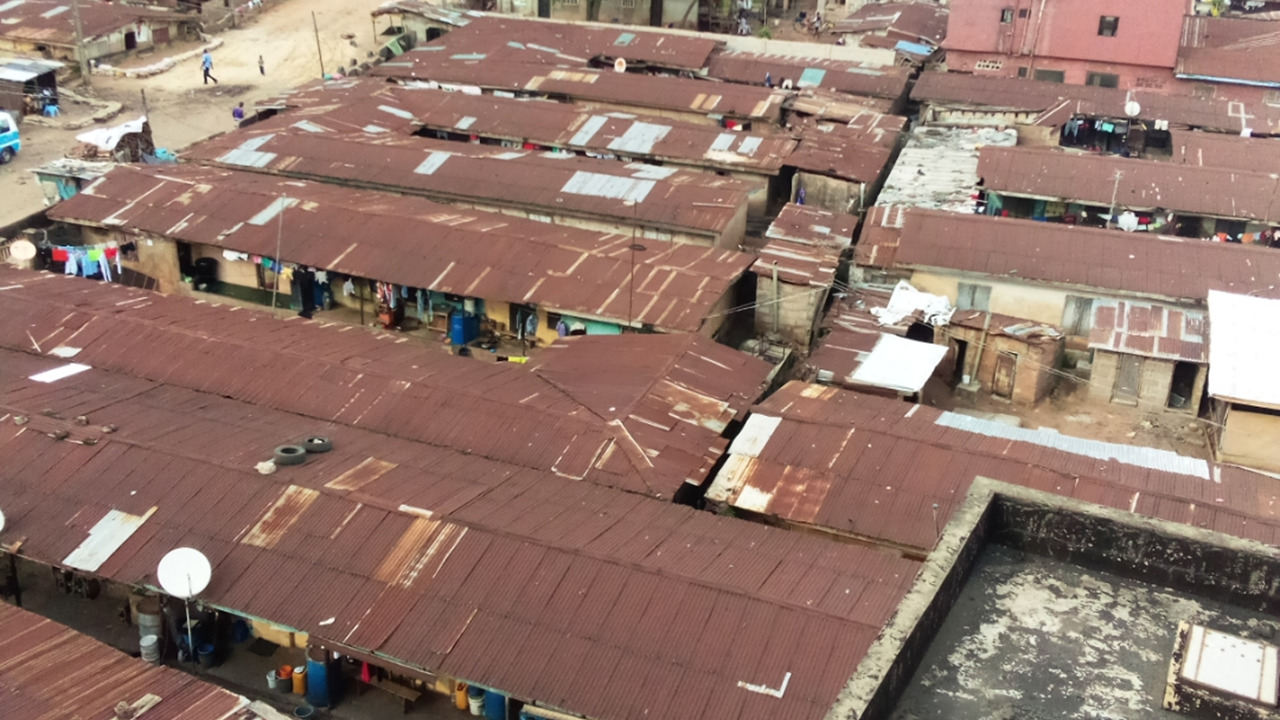
NEPAL
Mental health services for urban adolescents

NEPAL
Mental health services for urban adolescents
Pathways to effective coverage of mental health interventions among urban poor adolescents in Nepal
Evidence at the global stage including Nepal suggests that mental health conditions are common in adolescents, particularly depression, which presents one of the highest health burdens in urban areas of Nepal. Rapid urbanization poses a unique environment that makes adolescents more likely to be exposed to risk factors for mental illness, including poverty, insecurity, lower self-esteem, lower social cohesion, bullying etc. The recent National Mental Health Survey Nepal 2020 reported a 5.2% prevalence of mental health problems among adolescents aged 13 to 17 years. Likewise, a study conducted among the undergraduate students of Pokhara Metropolitan found that the prevalence of depression was 38.2% whereas, the study conducted among high school students of Kathmandu found that 56.5% of the students suffered with depression. Despite this, mental health interventions for urban adolescents are yet to be prioritized in Nepal.
This study focuses on developing local-based solutions to improve the coverage, utilization and adherence to mental health services in Pokhara City in Nepal, prioritizing the urban poor population. The study aims to improve mental health by developing a pathway that can be supportive to increase accessibility and availability of mental health services specifically tailored for adolescents in Pokhara.
The research will employ a mixed-methods approach, combining qualitative and quantitative methods, to provide a comprehensive understanding of the factors influencing the uptake and impact of mental health interventions in this specific population. Quantitative data collection will include a survey to assess knowledge, attitudes, and perceptions of adolescents regarding mental health, as well as the utilization and effectiveness of existing interventions. We will also use mental health screening tools to assess the prevalence of depression. We will also conduct a feasibility study to implement a service delivery intervention. Interviews will be conducted among parents/guardians, mental health professionals, teachers, community leaders, and municipal authorities to explore their perspectives, experiences, and barriers to accessing and utilizing mental health interventions. The study will develop a policy brief including policy recommendations targeting local stakeholders and a journal article targeting researchers to improve the coverage and effectiveness of mental health interventions among adolescents.
Lead researcher: Deepak Joshi (HERD International – Nepal)
Co-researchers: Sampurna Kakchhapati (HERD International), Grishu Shrestha (HERD International)
Mentors: Prof. Helen Elsey (University of York), Prof. Ghazala Mir (University of Leeds)
